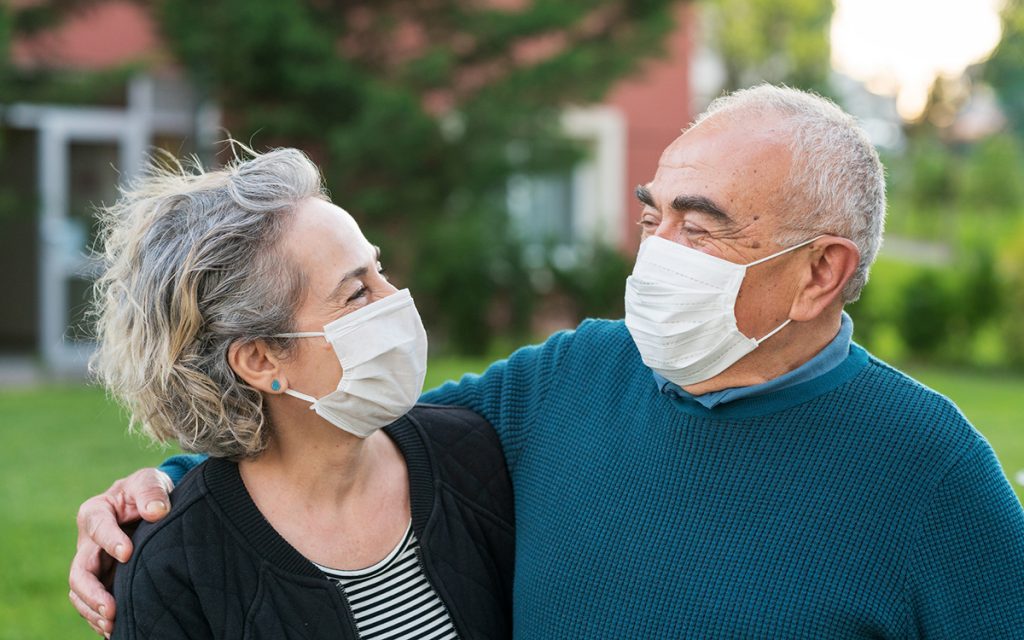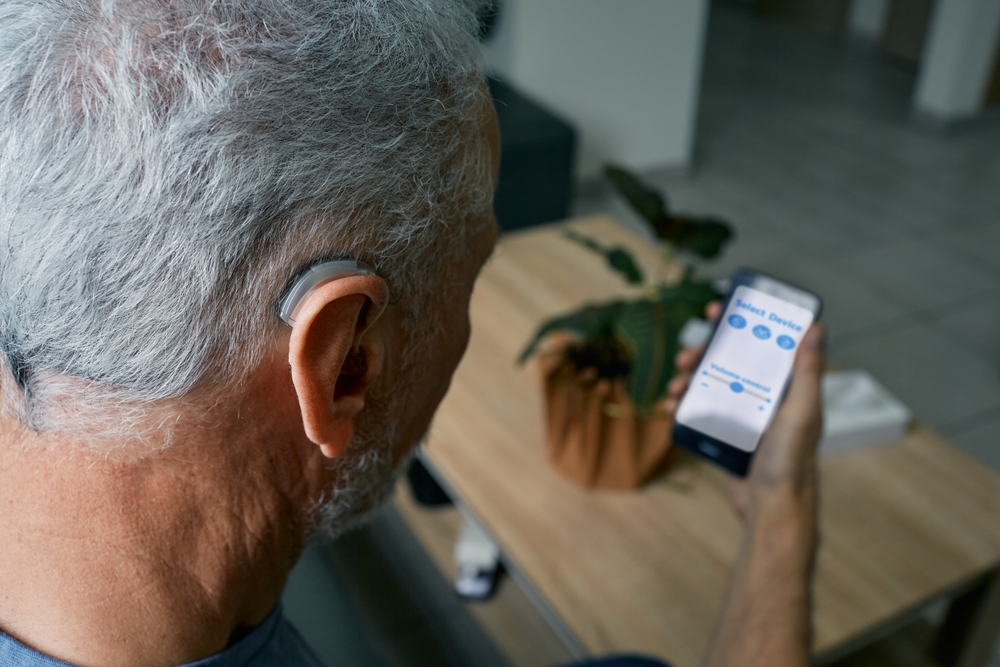Jeannette is following all the current guidelines: she’s washing her hands, she’s maintaining social distance, and she’s wearing a mask. She does all of this because she wants to minimize COVID-19 related risks for everyone around her (she has a good heart like that). But for Jeannette, there is one significant drawback to wearing a mask.
See, Jeanette has a hearing impairment, so she relies on reading lips and faces to supplement what she can hear. That means communication has become much more difficult for Jeannette in the age of the face mask.
Your Face Usually Sends a Ton of Information
There are many people like Jeannette; she recognizes the need for masks, but she still wishes communication was a bit easier. So, here are a few tips designed to make Jeannette’s life a little better (and, you know, improve your communication).
One of the reasons that face masks make it harder for people like Jeannette to communicate is simple: your face transmits a ton of information to other people.
There are two basic types of information that those with hearing impairments often rely on:
- What you say: The shape of your lips and the speed at which your mouth is moving give the listener an indication of what you’re saying. As a result, it’s easier to know what to expect when a listener can see your mouth. (This does not mean you should remove your mask when speaking–that defeats the purpose.)
- Body language: What’s also important, of course, is how your body moves when you’re speaking. Body language not only gives the listener an indication of your mood and meaning, but it can help someone anticipate what you’re going to say next, enhancing interpretation. Facial expressions also help them discern how to take your words – as a joke or seriously.
That’s what a mask is covering up. And that’s useful to know because it gives you a sense of how much additional information you’ll have to convey to make up for the loss of a visible face.
Keep Your Voice Low and Slow
If you’re wearing a mask, there are two things you can do to your voice in order to facilitate communication with someone who has a hearing impairment.
Keep the volume low: There’s no need to shout when someone is having a hard time communicating with you. When you shout, you might actually make yourself harder to understand (think about the distortion you hear when you turn up the volume on old, bad speakers). To Jeannette’s ears, the volume of your voice will drown out the inflections and nuance. If you want Jeannette to understand you, it’s vital that you keep the volume of your speech in a normal range. Instead…
Speak more slowly: If you slow down your words a bit more, you’re giving anyone like Jeannette more time to digest and interpret what you’re saying. They’ll pick up on more clues and be more likely to accurately interpret what you’re saying.
Move to a Communicative Environment
A mask is enough of an impediment: loud background noise is only going to make things harder. So if you’re trying to speak with someone like Jeannette (or if you’re Jeannette and you’re trying to have a quality conversation), try:
Moving to a quiet place: If the hubbub around you is getting in the way of your conversation, the solution might be simple: move someplace quieter. True, that’s not always an option. But when a quiet space is nearby and available, suggest a move to make hearing each other a bit easier. Try to keep away from air conditioning vents or running motors–or anything that can make voices difficult to hear.
Consider written communications: You probably don’t want to pass a pen and paper back and forth, but referring to a receipt, pointing to a screen, posting a sign, or providing key information in a written format in addition to verbal instructions can also help. I know on occasion I’ve texted my husband information I don’t want to repeat louder in front of others, even though he’s right next to me. If you are the one with a hearing impairment, you can ask people to write things down or send them to you via email, mail, or other written format.
Call ahead: If you have a transaction that is complicated, call ahead to see if you can have a conversation by phone or virtually first. In this scenario, you control the volume and background noise and can even sync your hearing aid to the device. Then, when you get there in person, they will know who you are and why you are there.
Adapt to the Mask
The reality is that masks aren’t going anywhere soon. They’ll probably be around for years. So the better you can become at communicating with your mask in place, the easier your life will be–at least in this aspect. And the easier it will be for people like Jeannette to stay masked up. Which means we’ll all stay a little healthier in the long run.



